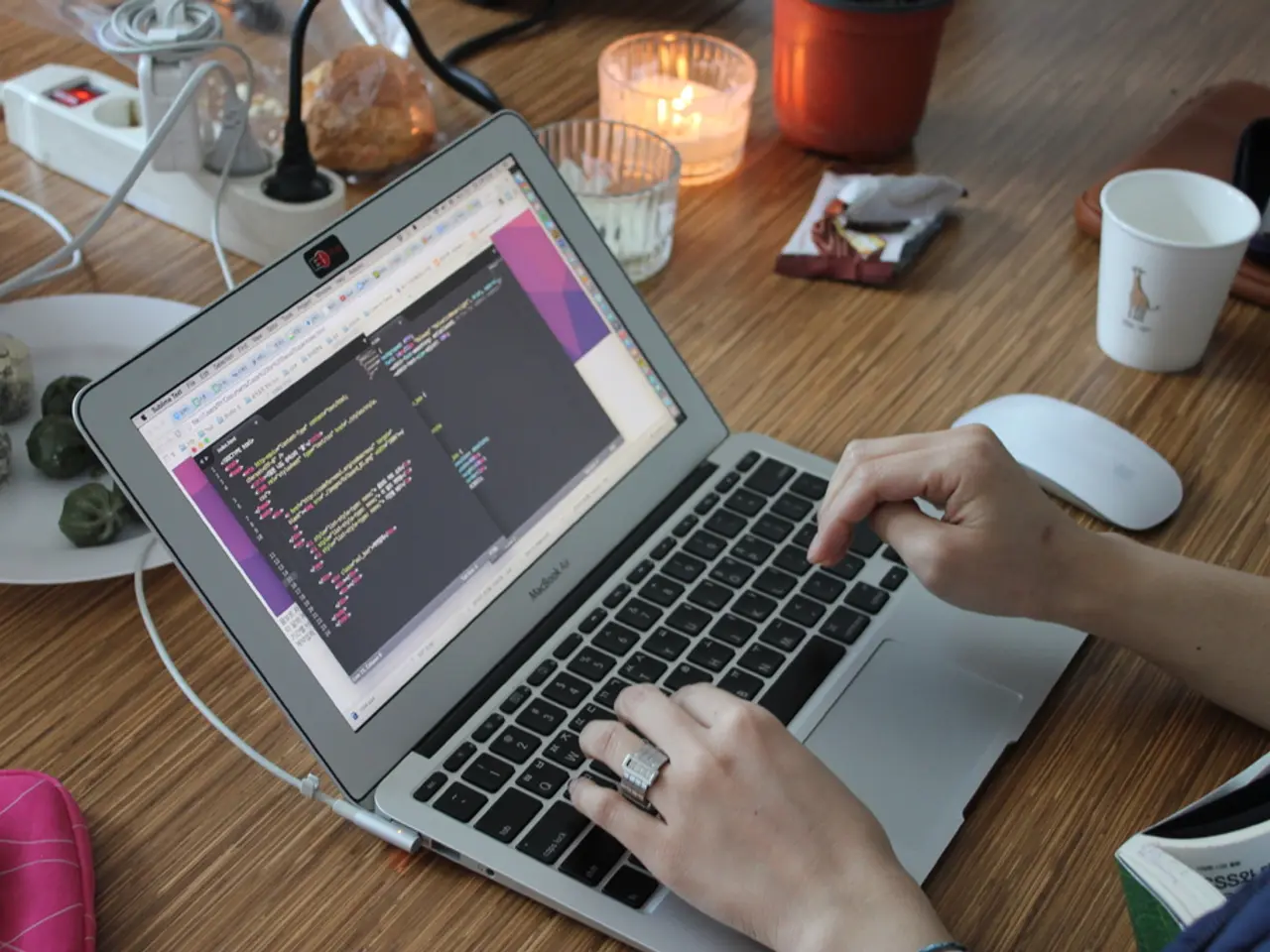Using an external hard drive for password storage found beneficial by specialists
In the blogger sphere, a series of troubling incidents have recently unfolded, with unauthorized access to accounts and contact from malicious actors becoming all too common. Two prominent bloggers, Ida Galich and Victoria Bonya, have been affected by these incidents, potentially compromising their personal data.
Ida Galich, a blogger with over 7 million subscribers, found herself in a precarious situation when she lost control of her account. The hackers claimed to know all of Victoria Bonya's data and threatened that she was "next." Victoria Bonya bravely declared that she will not pay the scammers any money, even in the face of this threat.
Victoria Bonya reported an attempted attack and posted screenshots suggesting hackers had contacted her. Ida Galich also believes that corporation employees may have been involved in the unauthorized access to her account. Despite attempting to regain access to her profile, Ida Galich was only able to do so for an hour, despite protective measures such as two-factor authentication.
So, what can be done to prevent such incidents? Experts suggest storing passwords on an external hard drive or physical media, such as a USB drive, for secure storage. Using complex encryption algorithms, like those found in password managers such as KeePass, is also considered reliable.
Yana Lubnina, another expert, suggests encrypting passwords personally. An outsider opening a text file with encrypted passwords would be clueless, but for the owner, it's a creative task. Writing passwords in a way that's unclear what they are or for what is a method suggested by experts. It's important to remember and recover passwords if needed, but avoiding making copies of encrypted password messages is also advisable.
Marina Mogilko, the specialist who helped Ida Galich regain her profile, emphasises the importance of these measures. She reminds us that more than half of Russians use the same passwords for everything, making accounts vulnerable to attacks. Using different passwords for each account is a simple yet effective way to increase security.
In conclusion, the blogger sphere is facing a challenging time, but with the right precautions, accounts can be kept secure. By following the advice of experts and taking steps to protect their passwords, bloggers can minimise the risk of falling victim to unauthorised access and malicious actors.







